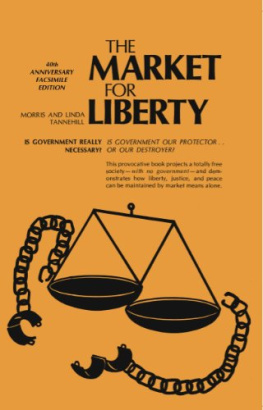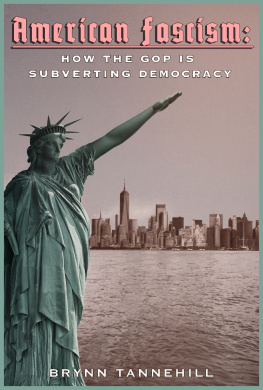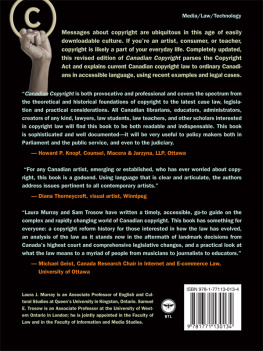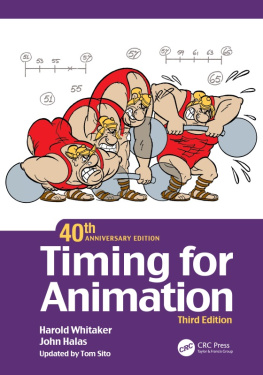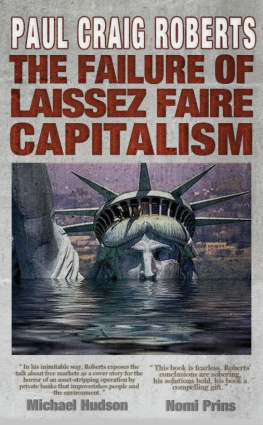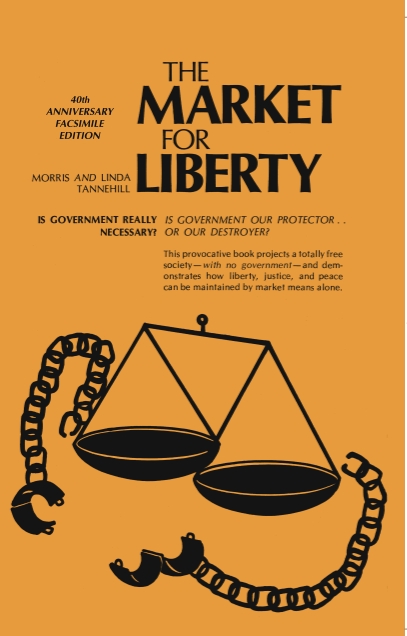The authors wish to express their gratitude to Skye d'Aureous and Natalee Hall for numerous ideas and suggestions (including Mr. d'Aureous' ideas on data banks for intellectual property, educational TV, and the interest of insurance companies in medical and drug safety); to Roy A. Childs, Jr., for several philosophical arguments against statism; and to Anthony I.S. Alexander for the concept of monetary reparations for coercive injustices and the idea that justice consists of rectifying the injustice insofar as is humanly possible, the idea that property ownership is the solution to pollutioil problems, the idea that Ayn Rand's "competing governments" argument against anarchy is actually a devastating argument against government, and for many hours of fruitful discussion.
1 If We Don't Know Where We're Going...
If we don't know where we're going, chances are we won't get there!
Our world is increasingly stirred with dissatisfication. Myriads of people on every continent are whispering or shouting or writing or rioting their discontent with the structures of their societies. And they have a lot to be dissatisfied withpoverty which increases in step with increasingly expensive anti-poverty programs, endlessly heavier burdens of taxation and regulation piled on by unmindful bureaucrats, the long death-agonies of meaningless mini-wars, the terrible, ironfisted knock of secret police...
Youth are especially dissatisfied. Many long to turn the world upside down, in hopes that a better, freer, more humane society will emerge. But improvements in man's condition never come as a result of blind hope, pious prayers, or random chance; they are the product of knowledge and thought. Those who are dissatisfied must discover what sort of being man is and, from this, what kind of society is required for him to function most efficiently and happily. If they are unwilling to accept this intellectual responsibility, they will only succeed in exchanging our present troubles for new, and probably worse, ones.
An increasing number of people are beginning to suspect that governmental actions are the cause of many of our social ills. Productive citizens, on whom the prosperity of nations depends, resent being told (in ever more minute detail) how to run their business and their lives. Youth resent being drafted into involuntary servitude as hired killers. The poor are finding, to their bitter disappointment, that government can bleed the economy into anemia but that all its grandiose promises and expensive programs can do nothing but freeze them in their misery. And everyone is hurt by the accelerating spiral of taxes and inflation.
Nearly everyone is against some governmental actions, and an increasing number want to cut the size of government anywhere from slightly to drastically. There are even a few who have come to believe that it is not just certain governmental activities, nor even the size of
the government, but the very existence of government which is causing the problems. These individuals are convinced that if we want to be permanently free of government-caused ills we must get rid of government itself. Within this broad anti-statist faction, there are plenty of "activists" who march or protest or just dream and scheme about means of bringing part or all of the governmental system crashing down.
Although these anti-authoritarian individuals have taken a firm and well-justified stand against the injustice of government, few of them have an explicitly clear idea of what they are for. They want to tear down the old society and build a better one, but most of them hold only hazy and contradictory ideas of what this better society would be like and what its structure should be.
But if we have no clear idea of what our goals are, we can hardly expect to achieve them. If we bring our present authoritarian system crashing down around our ears withour formulating and disseminating valid ideas about how society will operate satisfactorily without governmental rule, all that will result is confusion, ending in chaos. Then people, bewildered and frightened and still convinced that the traditional governmental system was right and necessary in spite of its glaring flaws, will demand a strong leader, and a Hitler will rise to answer their plea. So we'll be far worse off than we were before, because we will have to contend with both the destruction resulting from the chaos and a dictator with great popular support.
The force which shapes men's lives and builds societies is not the destructive power of protests and revolutions but the productive power of rational ideas. Before anything can be producedfrom a stone axe to a social systemsomeone must first have an idea of what to aim for and how to go about achieving it. Ideas must precede all production and all action. For this reason, ideas are the most powerful (though often the most underestimated) force in man's world.
This is a book about an ideathe discovery of what kind of society man needs in order to function most efficiently and happily... and how to achieve that society. It is a book about freedom what it really is and implies, why man needs it, what it can do for him, and how to build and maintain a truly free society.
We are not envisioning any Utopia, in which no man ever tries to victimize another. As long as men are human, they will be free to choose to act in an irrational and immoral manner against their fellows, and there will probably always be some who act as brutes, inflicting their will upon others by force. What we are proposing is a system for dealing with such men which is far superior to our present governmental onea system which makes the violation of human liberty far more difficult and less rewarding for all who want to live as brutes, and downright impossible for those who want to be politicians.
Nor are we proposing a "perfect" society (whatever that is). Men are fallible, so mistakes will always be made, and there will never be a society of total equity. Under the present governmental system, however, blunders and aggressive intrusions into the lives of peaceful individuals tend to feed on themselves and to grow automatically, so that what starts as a small injustice (a tax, a regulation, a bureau, etc.) inevitably becomes a colossus in time. In a truly free society, blunders and aggressions would tend to be self-correcting, because men who are free to choose will not deal with individuals and firms which are stupid, offensive, or dangerous to those they do business with.

